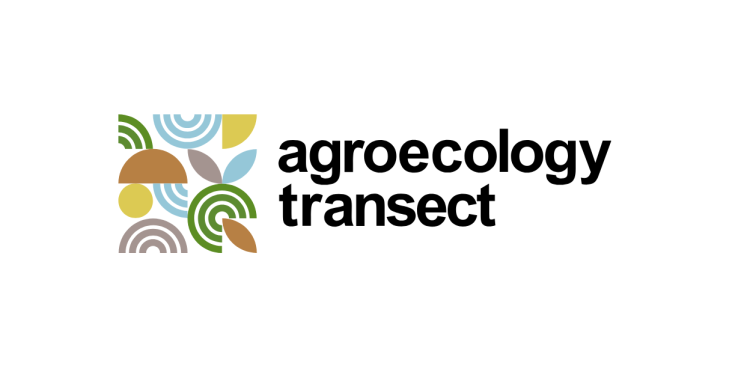A comprehensive meta-analysis* of 170 studies conducted across 21 European countries finds that shifting to agroecological farming practices reduces agriculture’s negative impacts on nature and contributes to climate mitigation.
The research, led by Horizon EU project Agroecology-TRANSECT and published in Agriculture, Ecosystems & Environment journal, brings together scientific evidence showing that agroecology, an ecological, sustainable and integrated approach to farming, consistently benefits ecosystems and contributes to climate mitigation.
Agroecology-TRANSECT’s scientific coordinator Bertrand Dumont says: “We now have key evidence that the benefits of agroecology are not a notion but a fact. The meta-analysis found that biodiversity increased under agroecological interventions compared to conventional farming methods.”
Agriculture’s environmental footprint
By contrast, conventional farming, characterised by large scale, high input mono-systems, is recognised as a major driver of environmental degradation, including biodiversity loss and greenhouse gas emissions, which contribute to the climate crisis.
“We have been aware for several years that a shift to more sustainable systems is necessary across Europe, and agroecology has emerged as a viable alternative”, says key researcher Cian Blaix. “Until now, a comprehensive scientific review of its environmental benefits was lacking.”
This new study combines data from arable, grassland, horticultural and perennial production systems.
Biodiversity is supported by agroecology …
The findings show that agroecological practices outperform conventional methods in supporting biodiversity, including plants, pollinators, insects, and soil organisms.
These benefits were consistent across most farming systems, with the exception of horticulture, where limited data suggests further research is needed.
… And agroecology needs biodiversity
Dumont continues: “Agroecology prioritises reducing the inputs needed for production, so to use biodiversity and the supporting services it brings, for example in pest control and improved soil health, shows how we can enhance production in a more natural way.”
Climate benefits
The study also found that agroecological practices enhance carbon storage in soils and reduce emissions of nitrous oxide, a potent greenhouse gas. However, reductions in carbon dioxide and methane emissions at the field scale were not confirmed, indicating that agroecology alone may not be sufficient to meet all climate targets.
“The study shows that agroecology is definitely a positive step,” says Dumont, “But it must be part of a broader strategy designed to tackle all greenhouse gases.”
The publication of the wide-reaching study follows the publication of post 2027 CAP proposal by the European Commission this summer, and at a crucial time in the development of future food and farming policy in Europe.
“This evidence helps farmers and policymakers target measures that work for nature and productivity, from diversified rotations to hedgerows and cover crops,” said Dumont.
A win-win for nature and climate
Crucially, in studies that assessed both biodiversity and climate outcomes, agroecological practices and systems delivered positive results on both fronts.
These findings strengthen the case for agroecology as a key strategy in transforming Europe’s food systems, moving them toward greater sustainability, resilience, and ecological integrity.
Fonte: Agroecology Transect























































